
Why You Need to Ignore the Latest Flawed Study Demonizing Coconut Oil
There are many different natural ingredients that can treat our health issues a million times better than pharmaceuticals. However, big pharma refuses to let them get in the way of their money; thus, they released a study demonizing an amazing natural remedy.
The big pharma companies and the food industry work together to keep us unhealthy and make themselves rich off our health issues. Many people are becoming aware of the amazing benefits of coconut oil. More and more people are taking advantage of this amazing ingredient in their beauty regimen, diet, and medicine. However, a recent study released by the American Heart Association demonized the ingredient saying that it’s not as good for you as we thought. However, they failed to mention that the study was funded by a canola oil company and the California Walnut Commission. A little fishy right?
Ever since the study was released the media has gone wild with blacklisting coconut oil and its benefits. There have been many studies performed on this powerful natural ingredient. It was bad, good, then bad again. Many people believe they are just using it as a scapegoat.
The newly released study was titled Dietary Fats and Cardiovascular Disease: a Presidential Advisory from the American Heart Association. The study was funded by pharmaceutical company Pfizer, GlaxoSmithKline, AstraZeneca, Amgen, and more pharma companies were listed as financially supporting the study. Coincidentally, these companies manufacture drugs that are supposed to manage cholesterol like statins and Repatha. `You might wonder why they would want to even know if coconut oil is good or bad for patients. They would for sure like to market their drugs to the people who have changed their diet to the ‘latest research’.
They study was mainly funded by the Canola Oil Council and the California Walnut Commission. They showed that canola oil and other mono and polyunsaturated fats lower LDL. It obviously isn’t important to mention that canola oil is heavily genetically modified and high in erucic acid – a very long chain fatty acid that disrupts cell membranes and causes heart disease – but nevermind that, right?
The primary focus of the study was to show the effects of fats on LDL cholesterol. The premise is that LDL cholesterol predicts heart disease. Thus, a high level of LDL means you have a higher chance of getting heart disease. However, this isn’t true. Clinical studies have repeatedly shown that 50% of patients who have died from a sudden heart attack had normal LDL levels. Also, lowering LDL cholesterol only reduces the risk of heart disease by 25%.
While eating coconut oil by the spoonful probably isn’t the best idea, it certainly isn’t the biggest threat to your health. Coconut oil has been shown to have tons of different powerful medicinal compounds like lauric acid that increase health. It was reported that the American Heart Association recommends not taking coconut oil. However, the study clearly stated that “clinical trials that compared direct effects on CVD of coconut oil and other dietary oils have not been reported.”


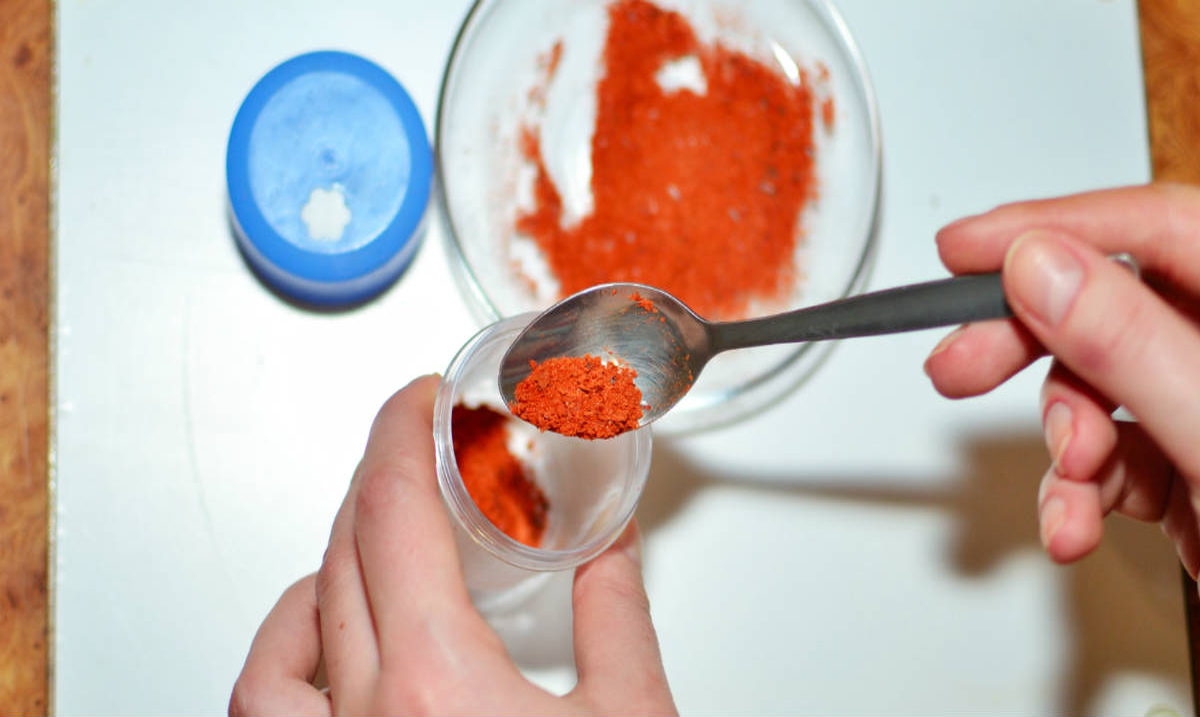
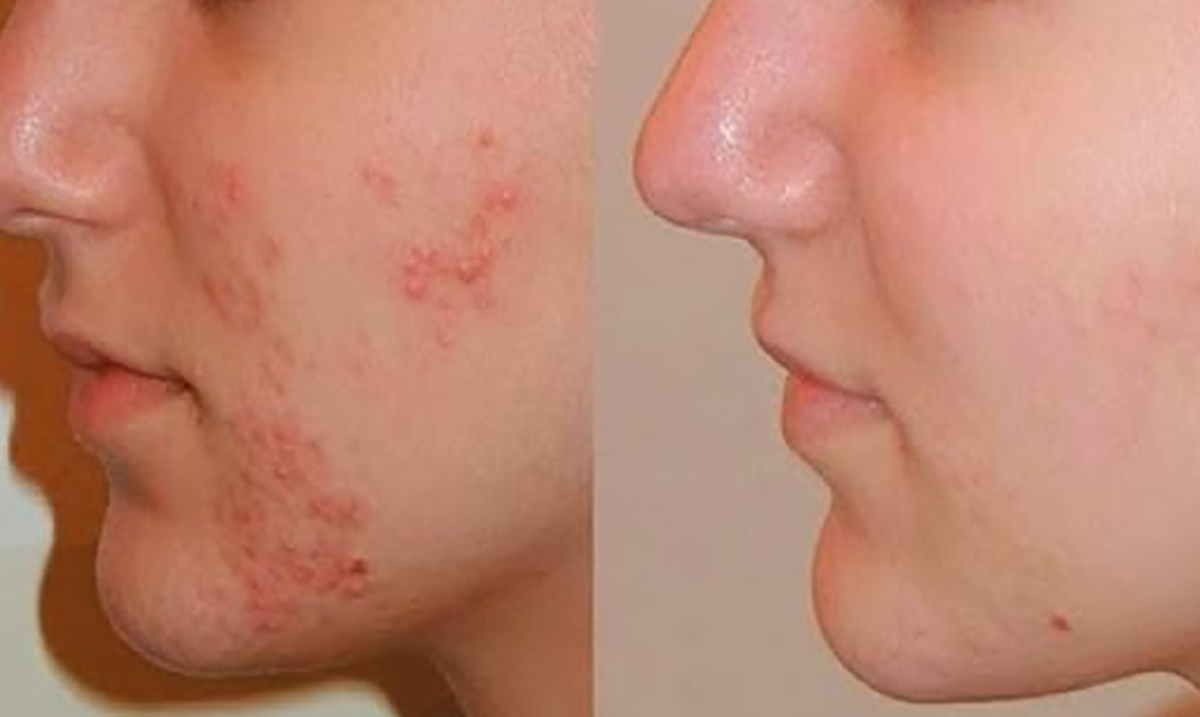


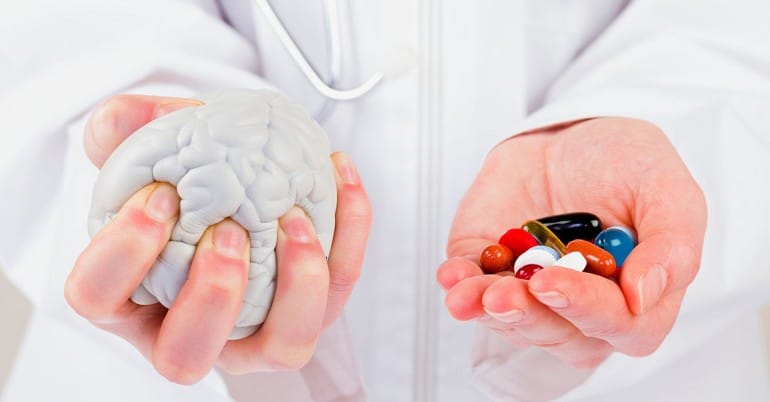

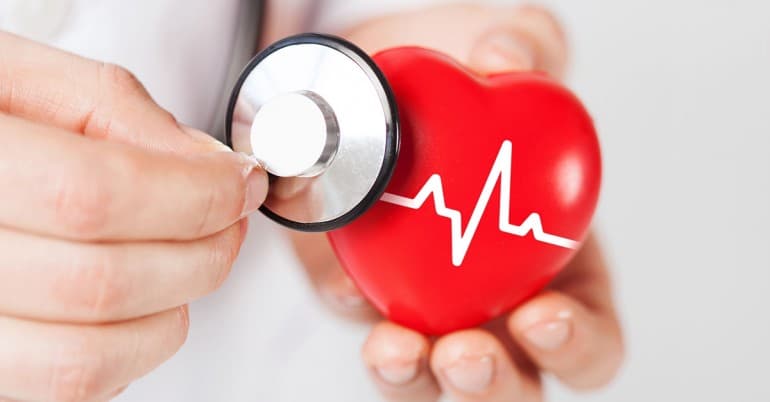
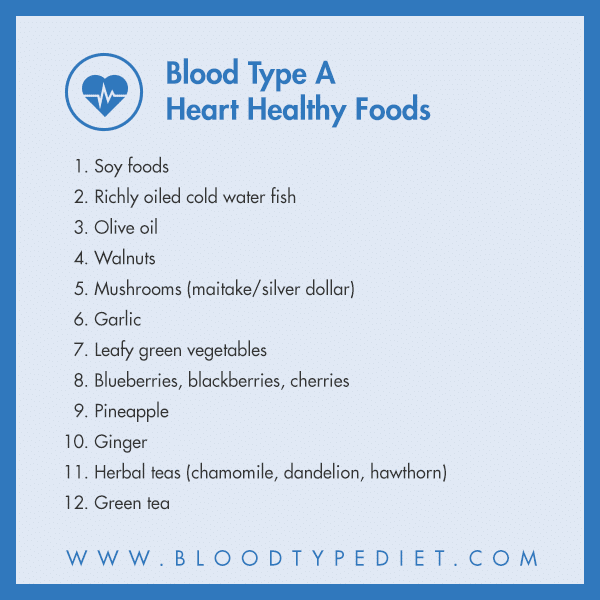
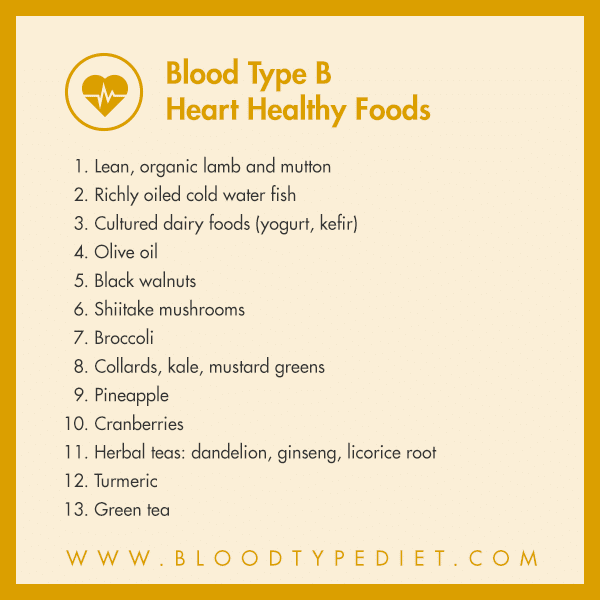
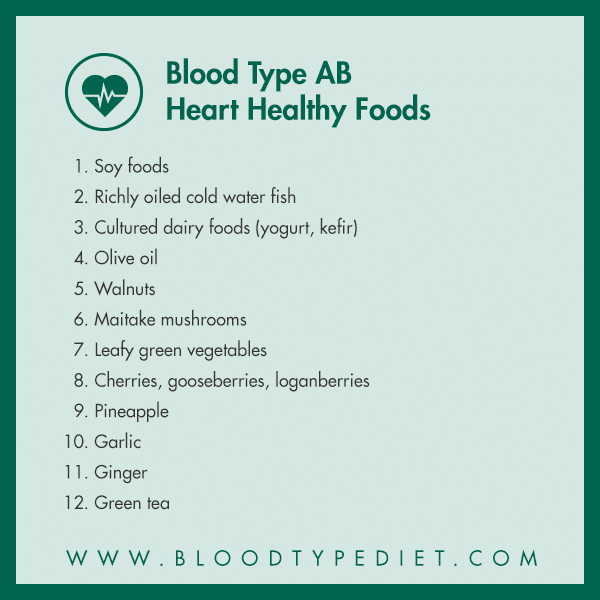
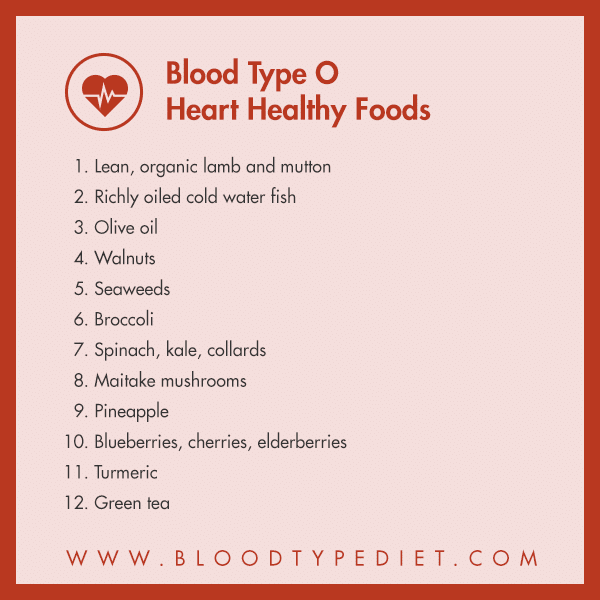

 Gottfried points at the concern of hormonal imbalances, and how these pills disturb the natural hormonal balance in the body. When asked about her concerns regarding the use of birth controls, she said:
Gottfried points at the concern of hormonal imbalances, and how these pills disturb the natural hormonal balance in the body. When asked about her concerns regarding the use of birth controls, she said: